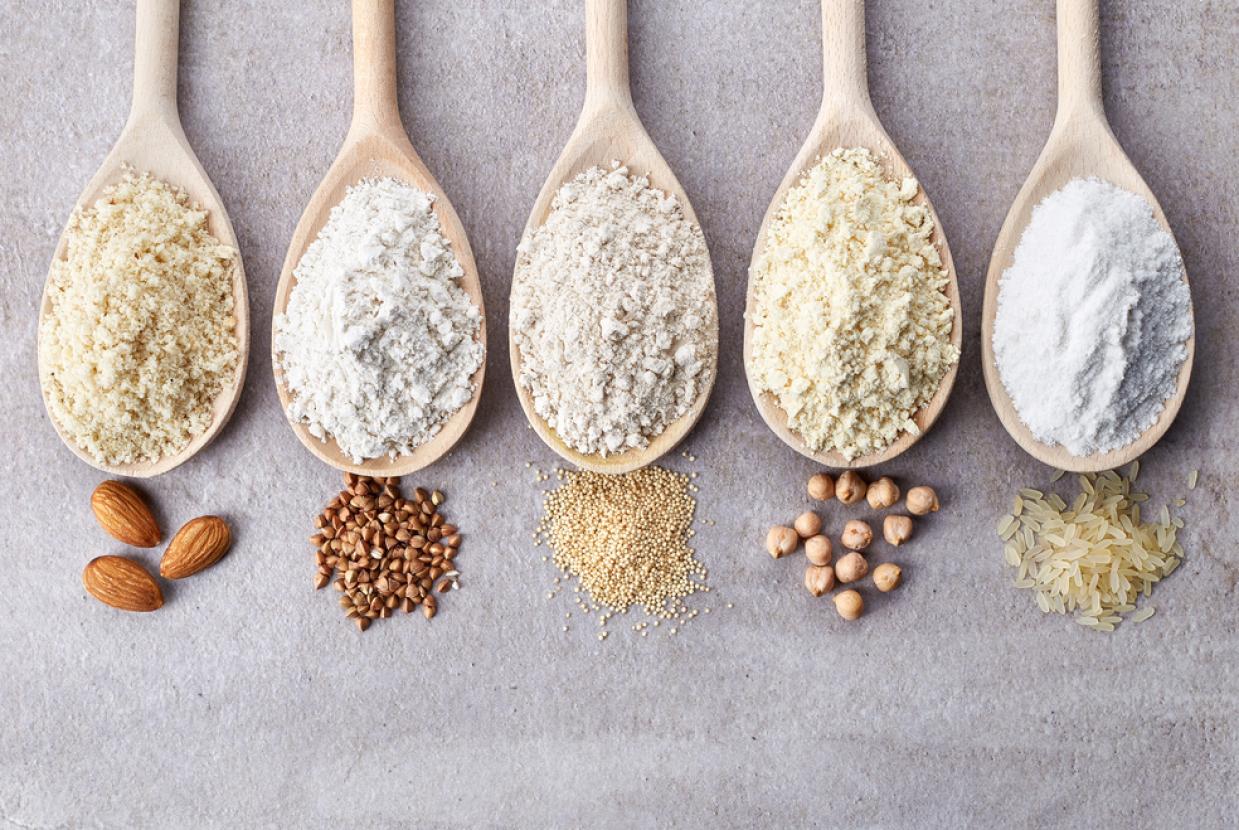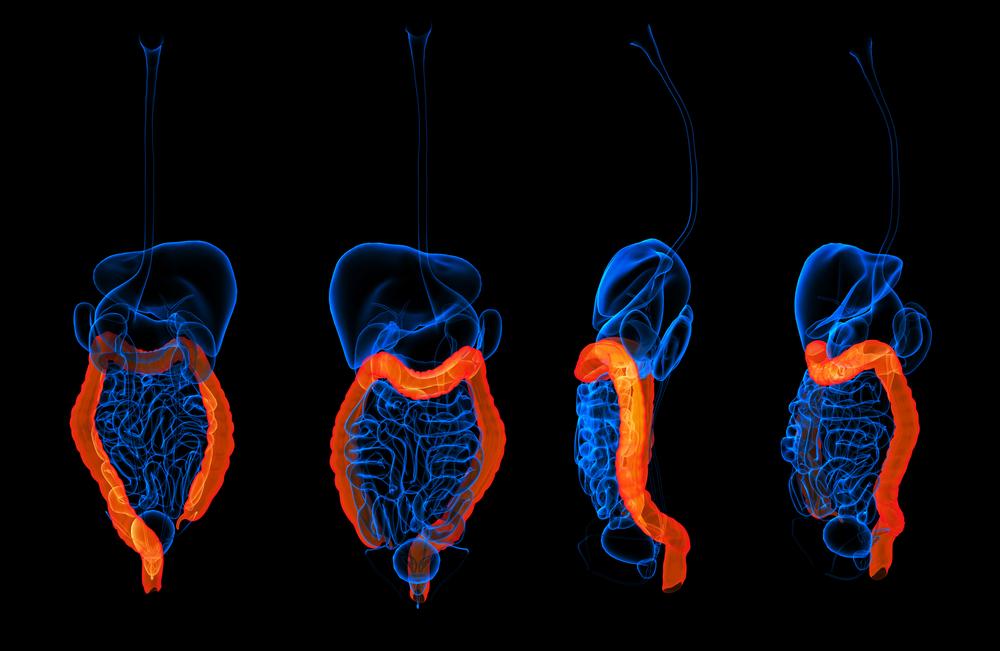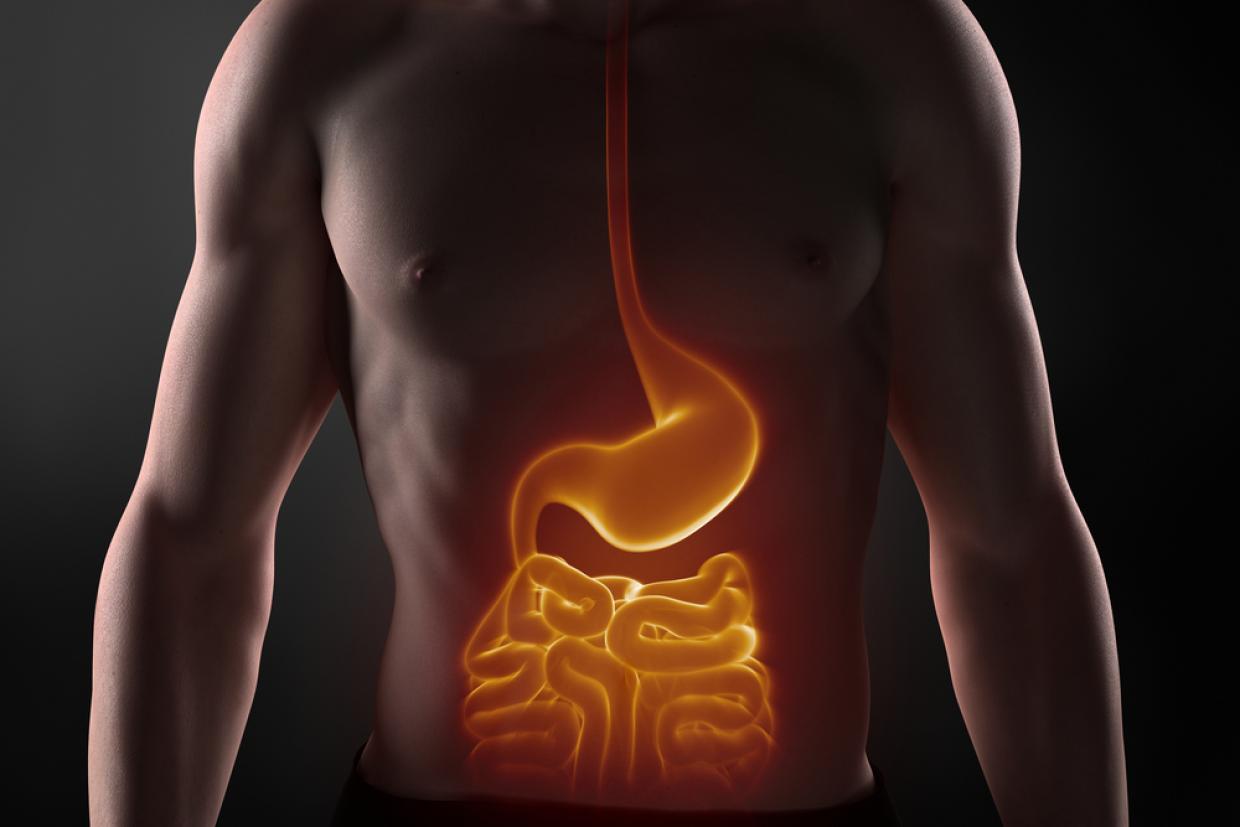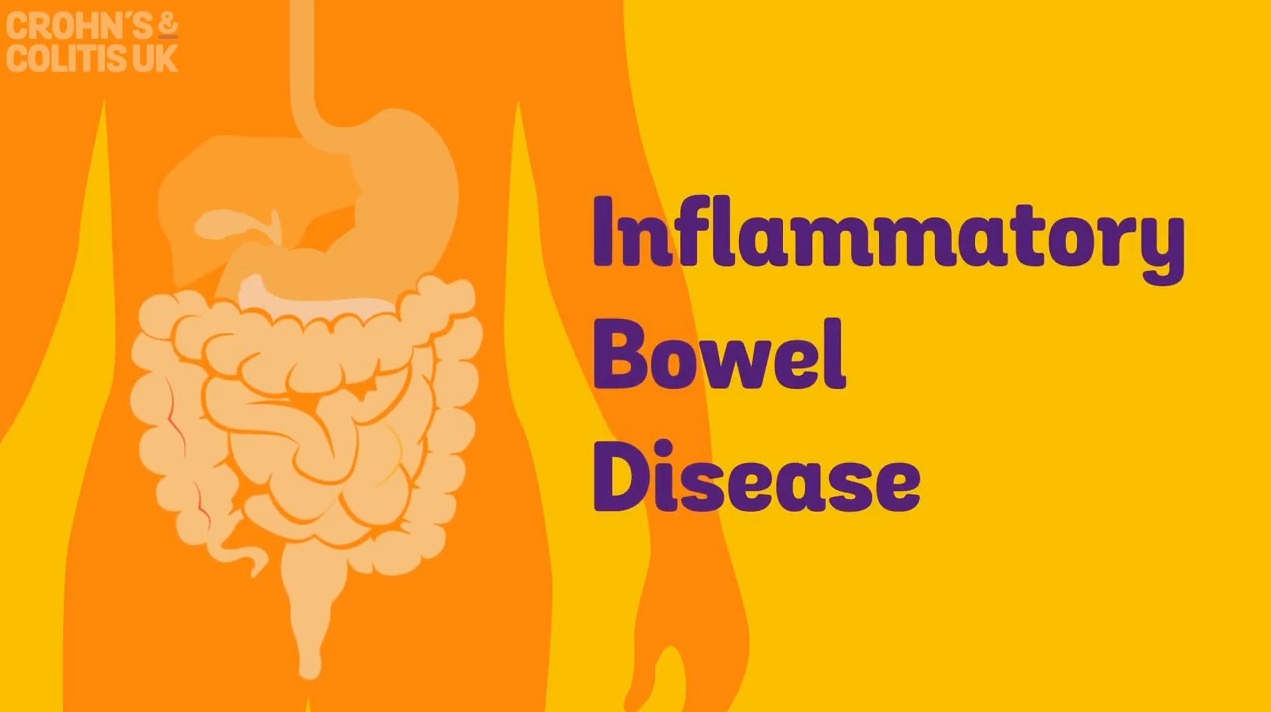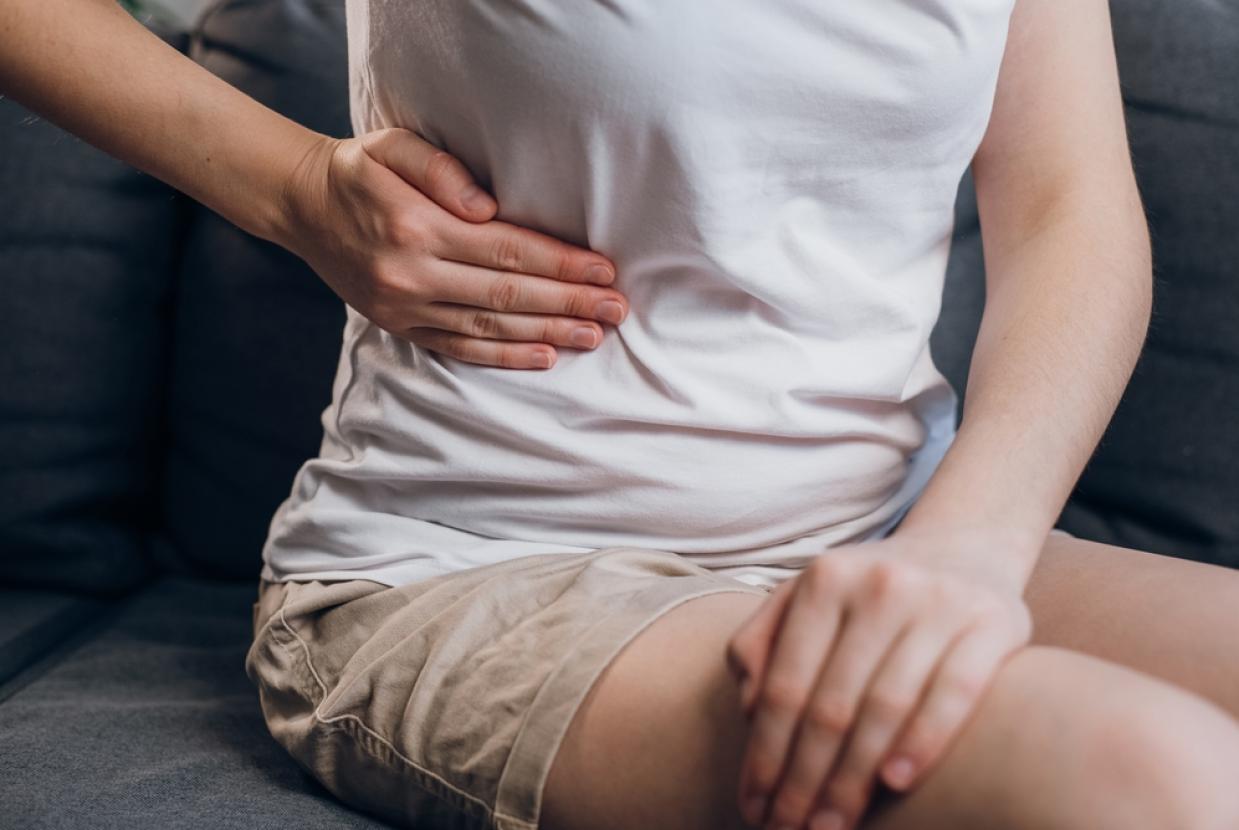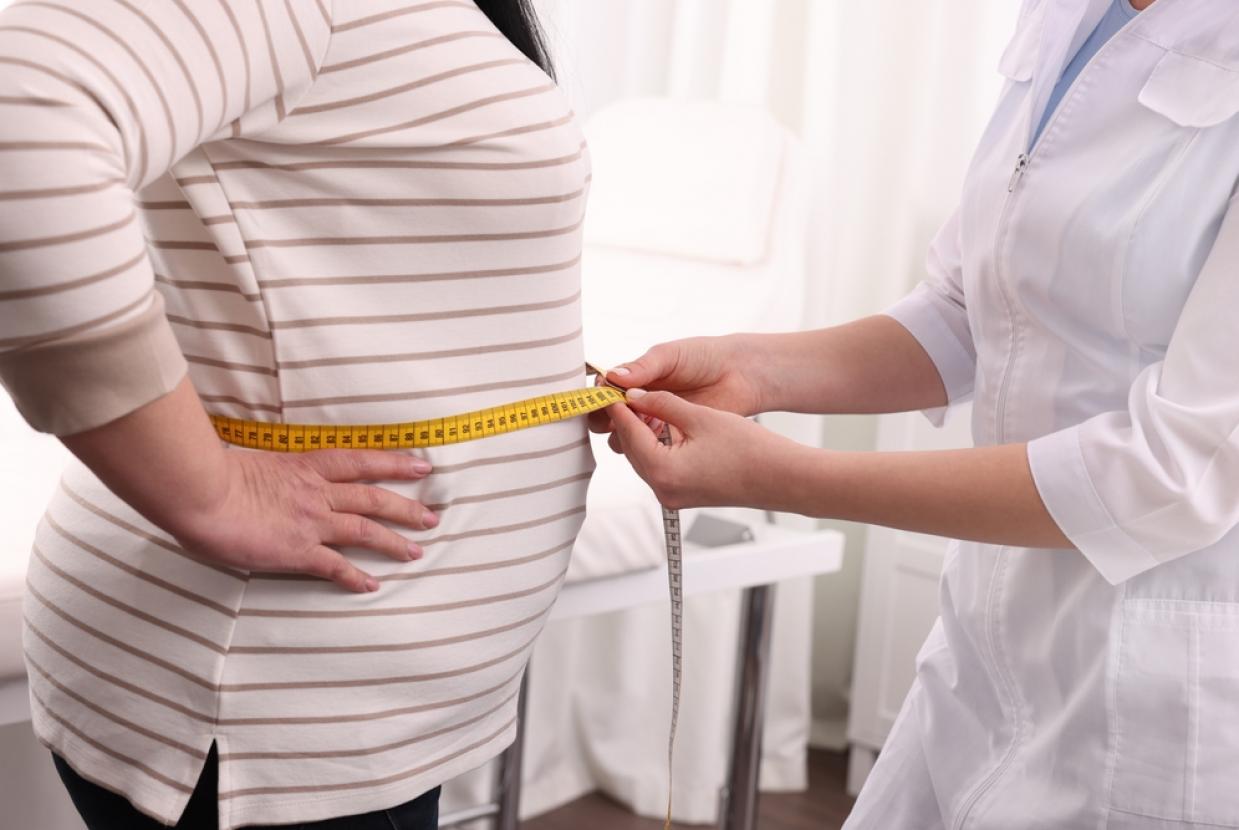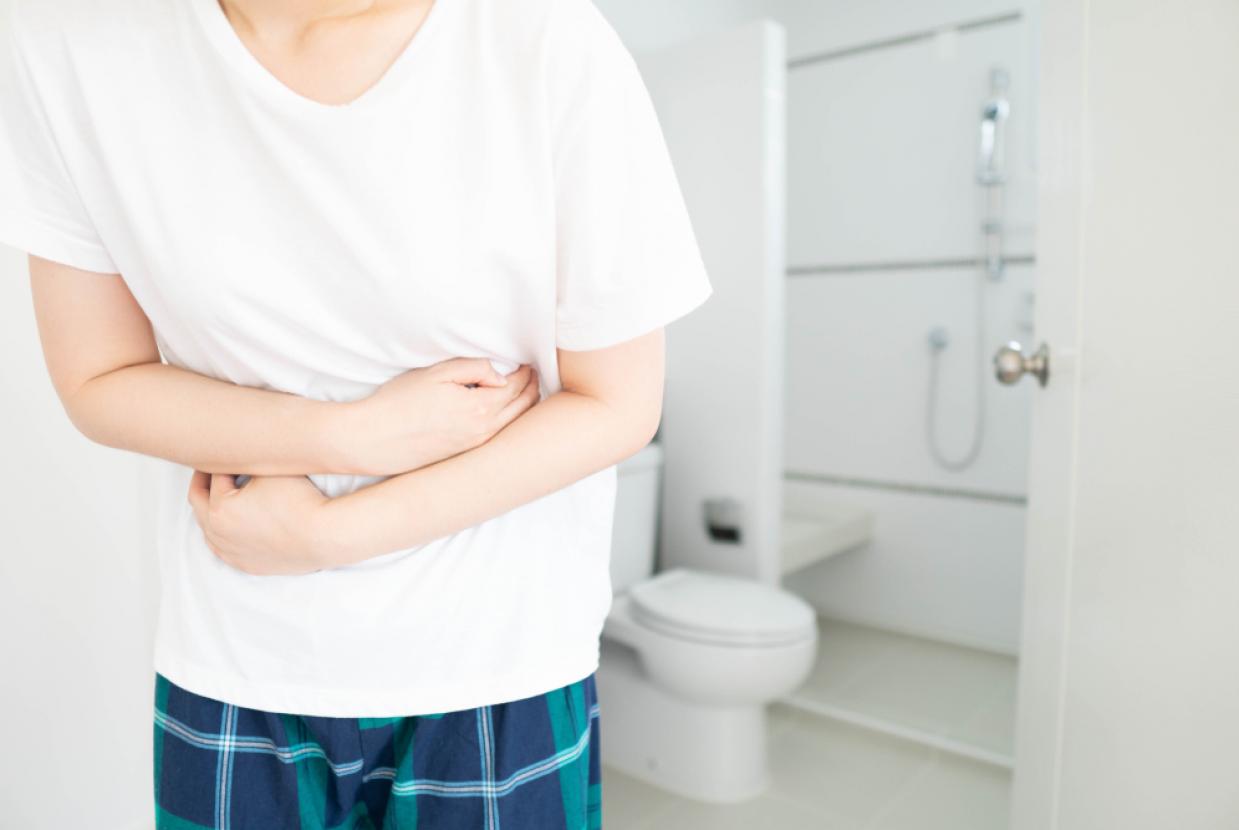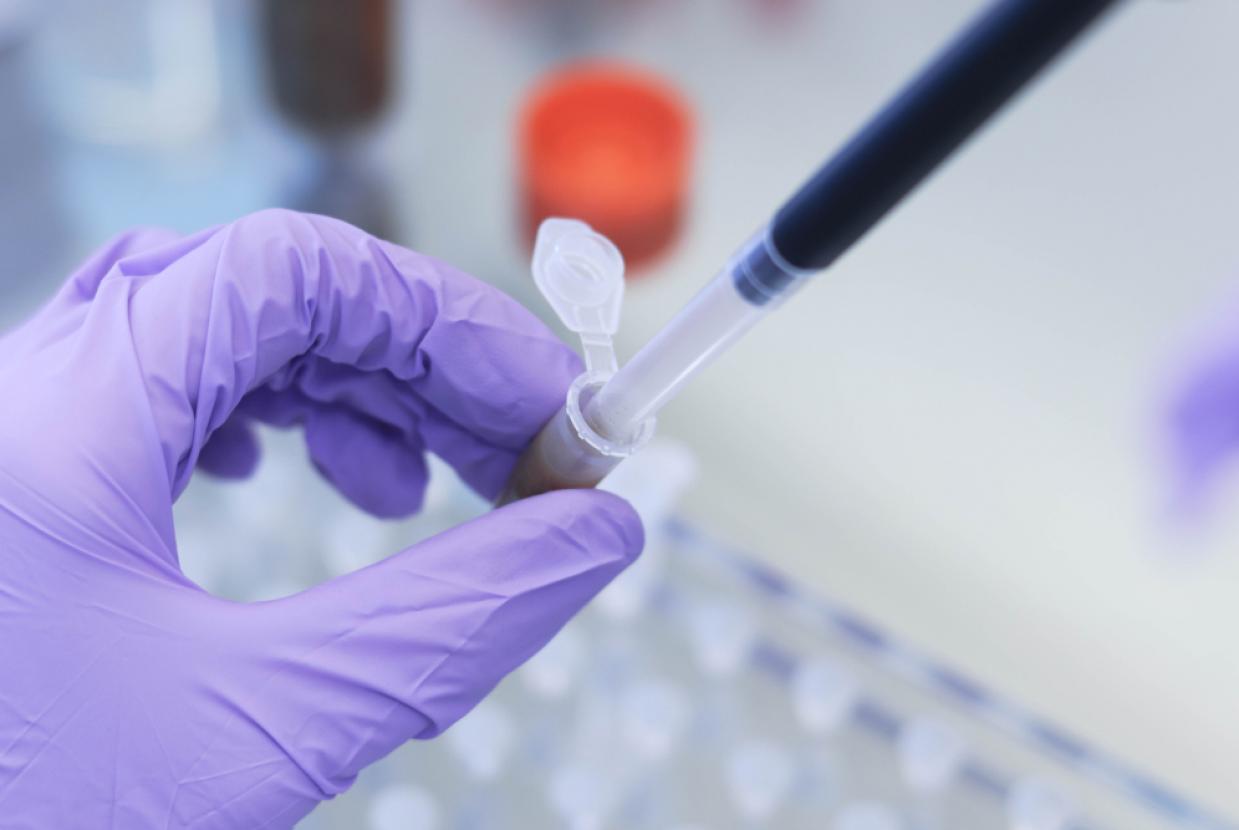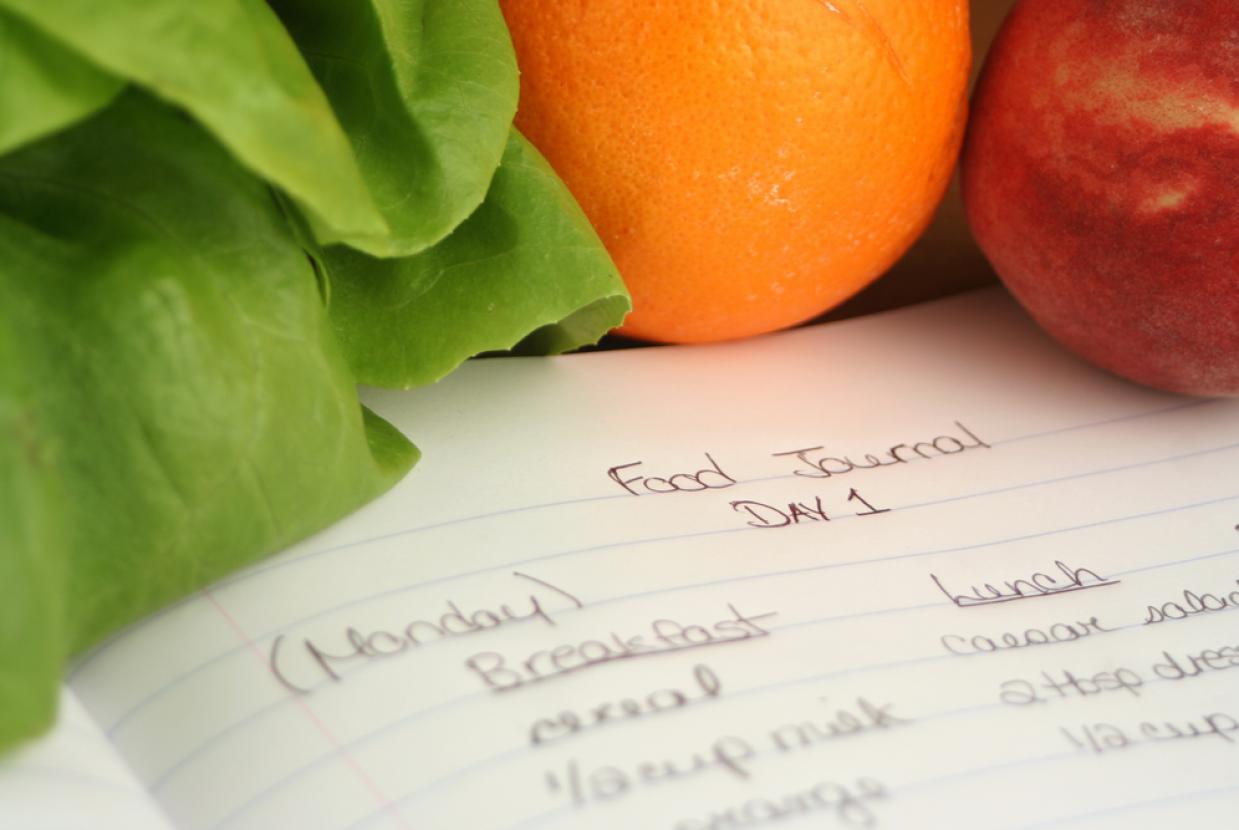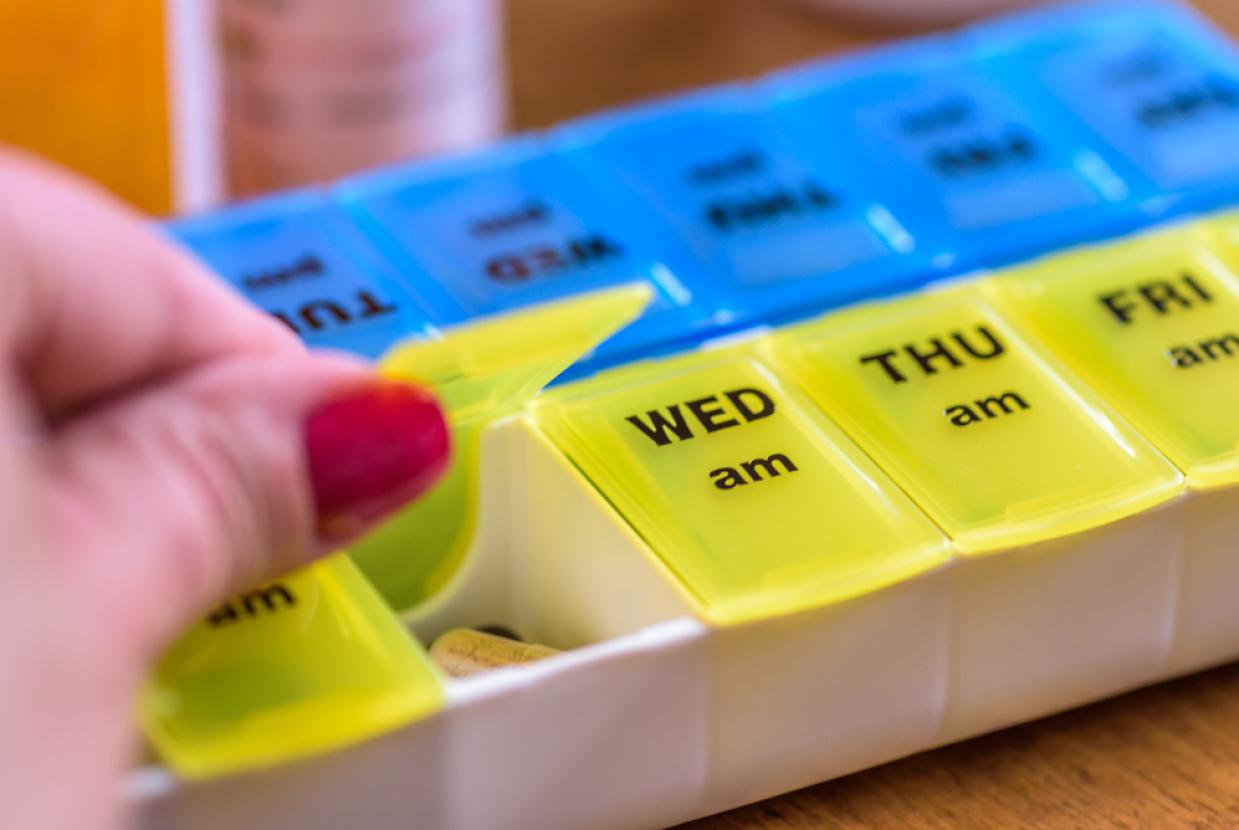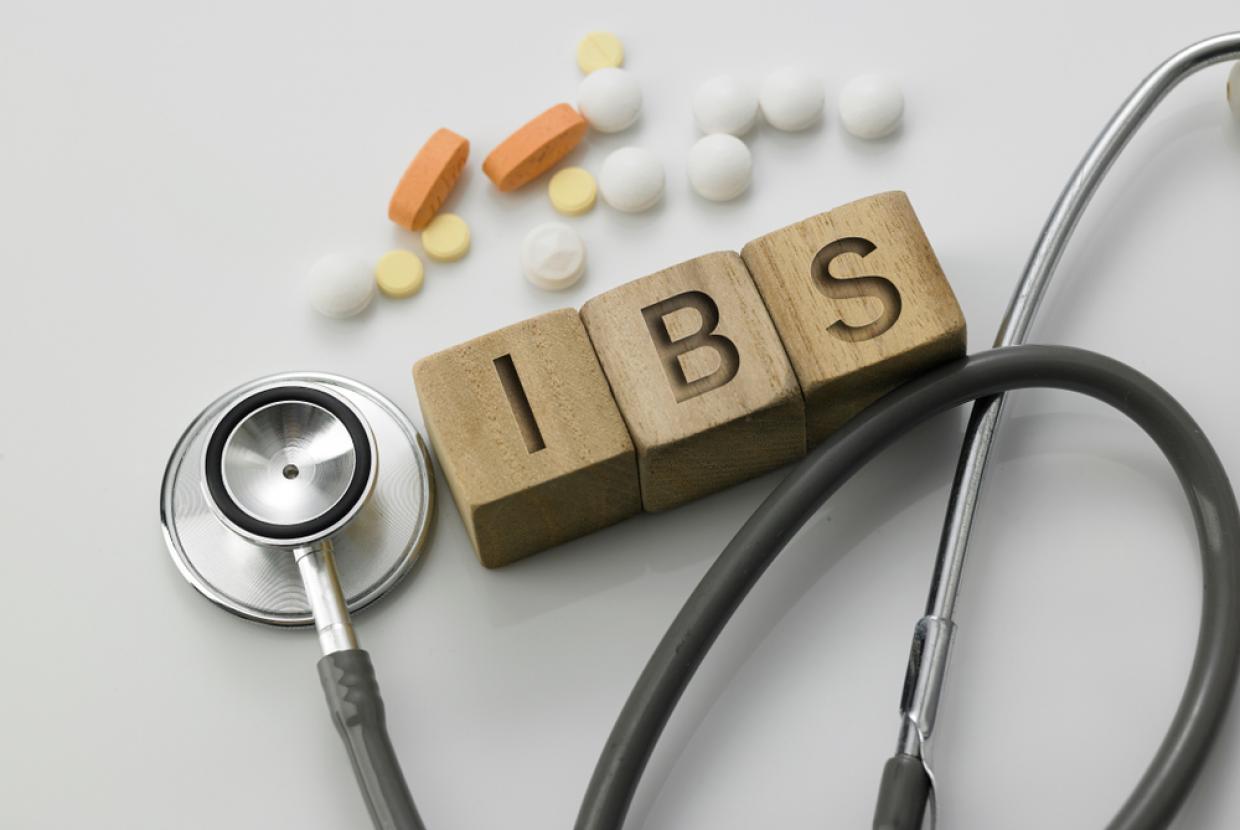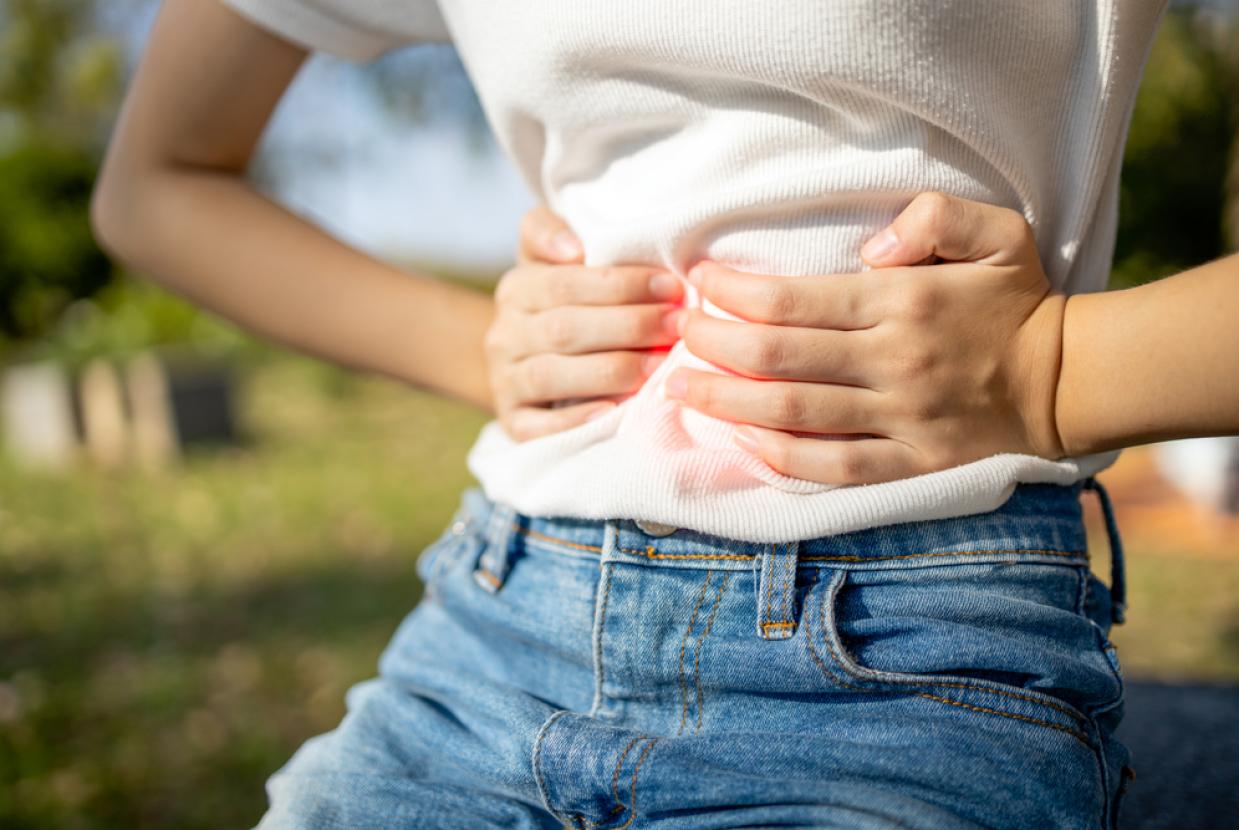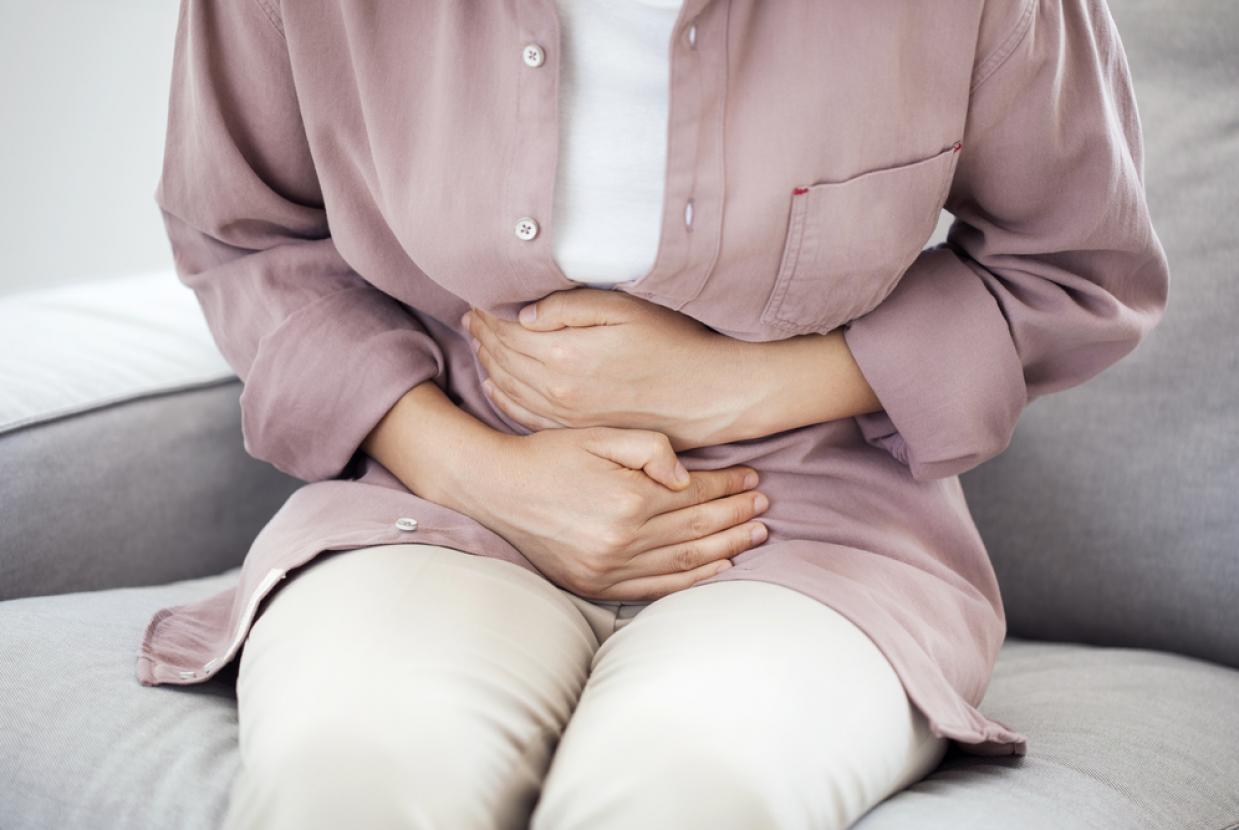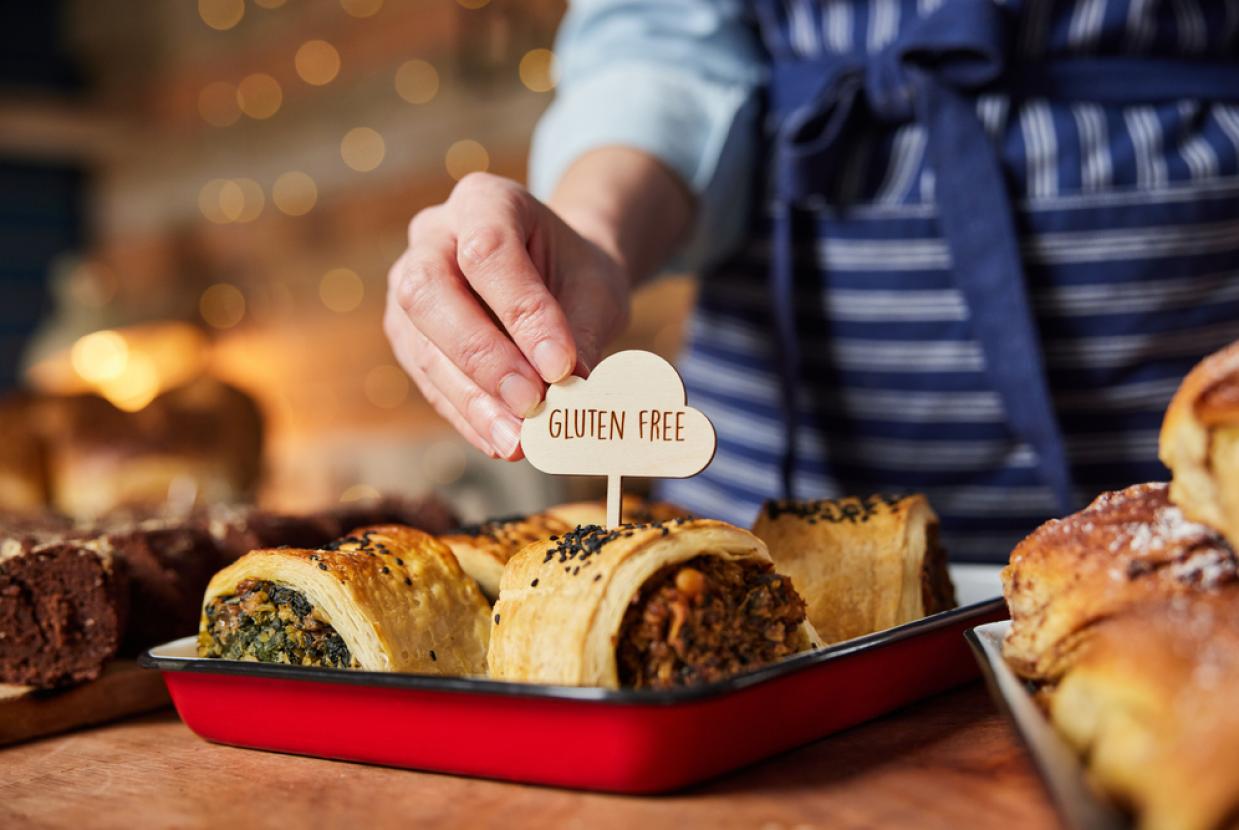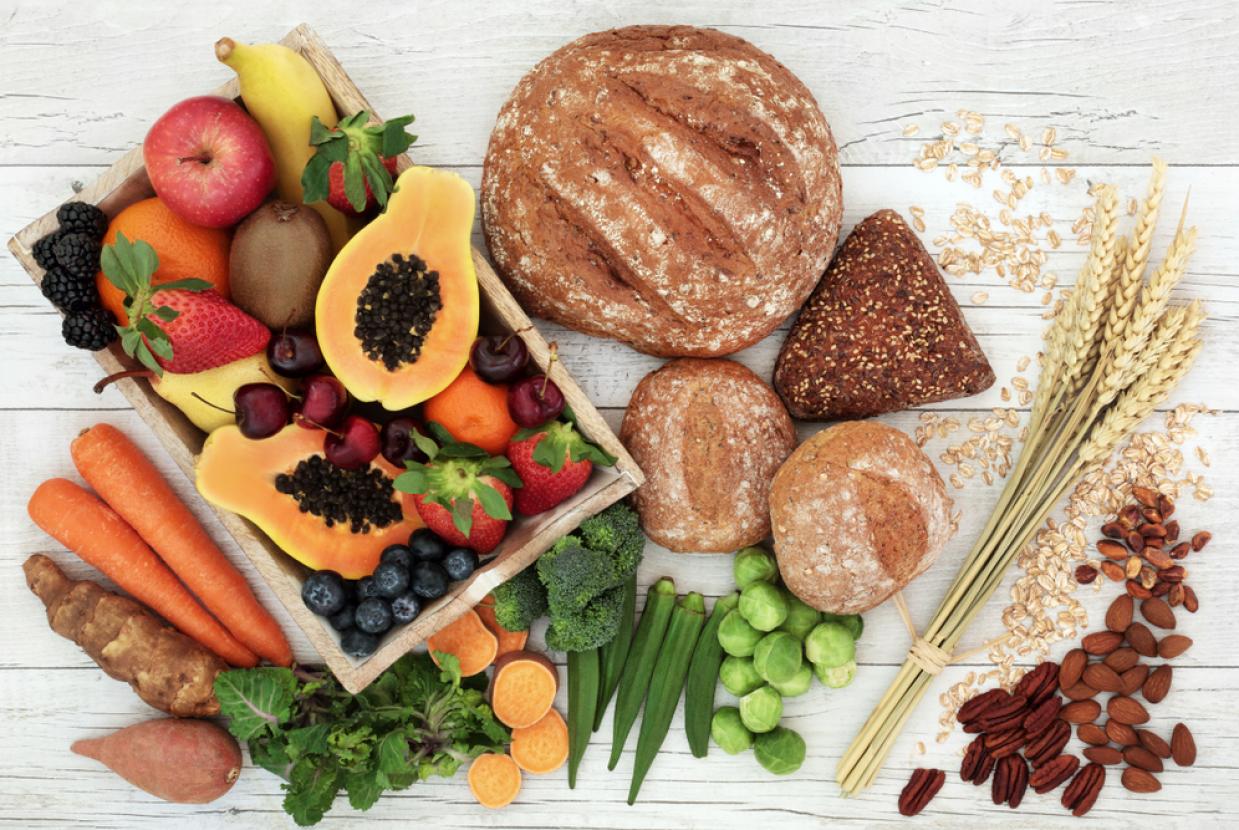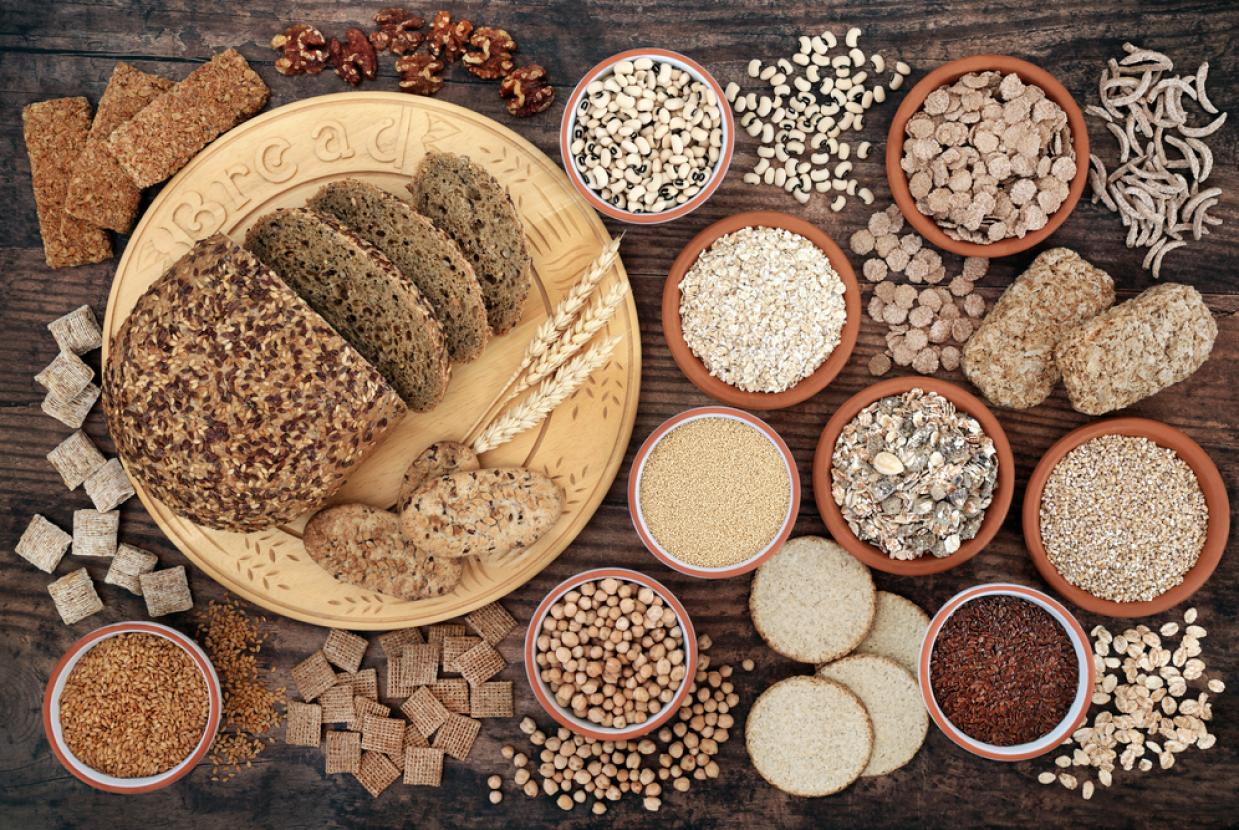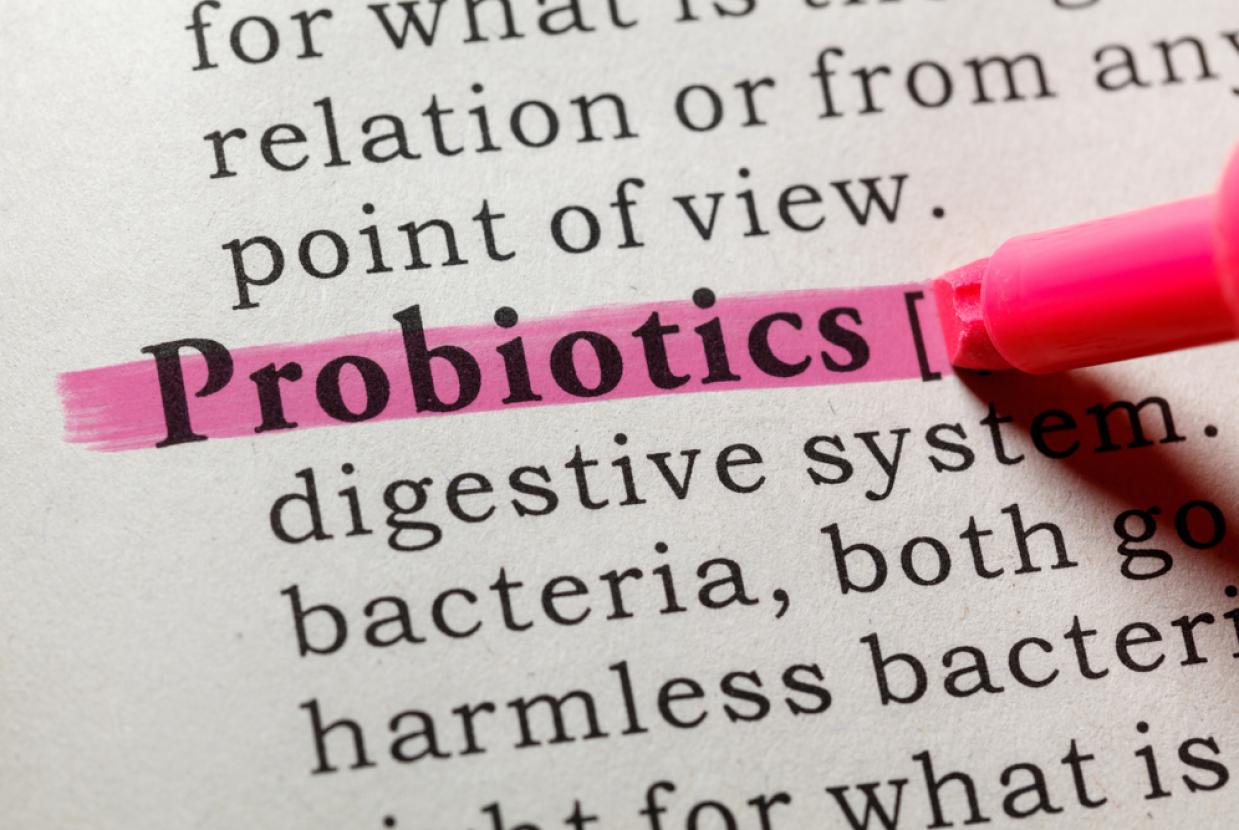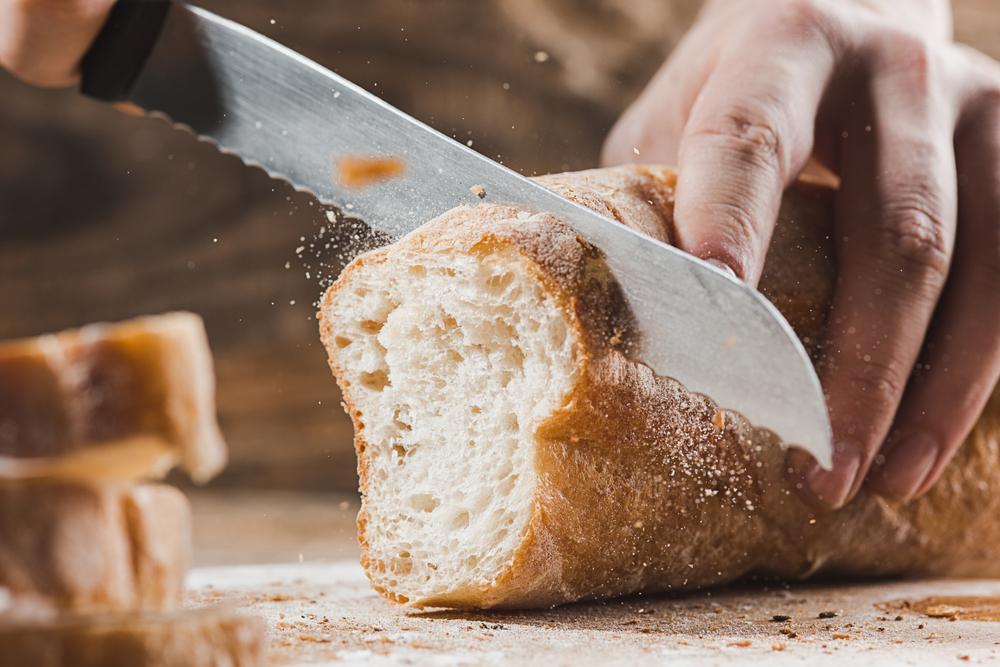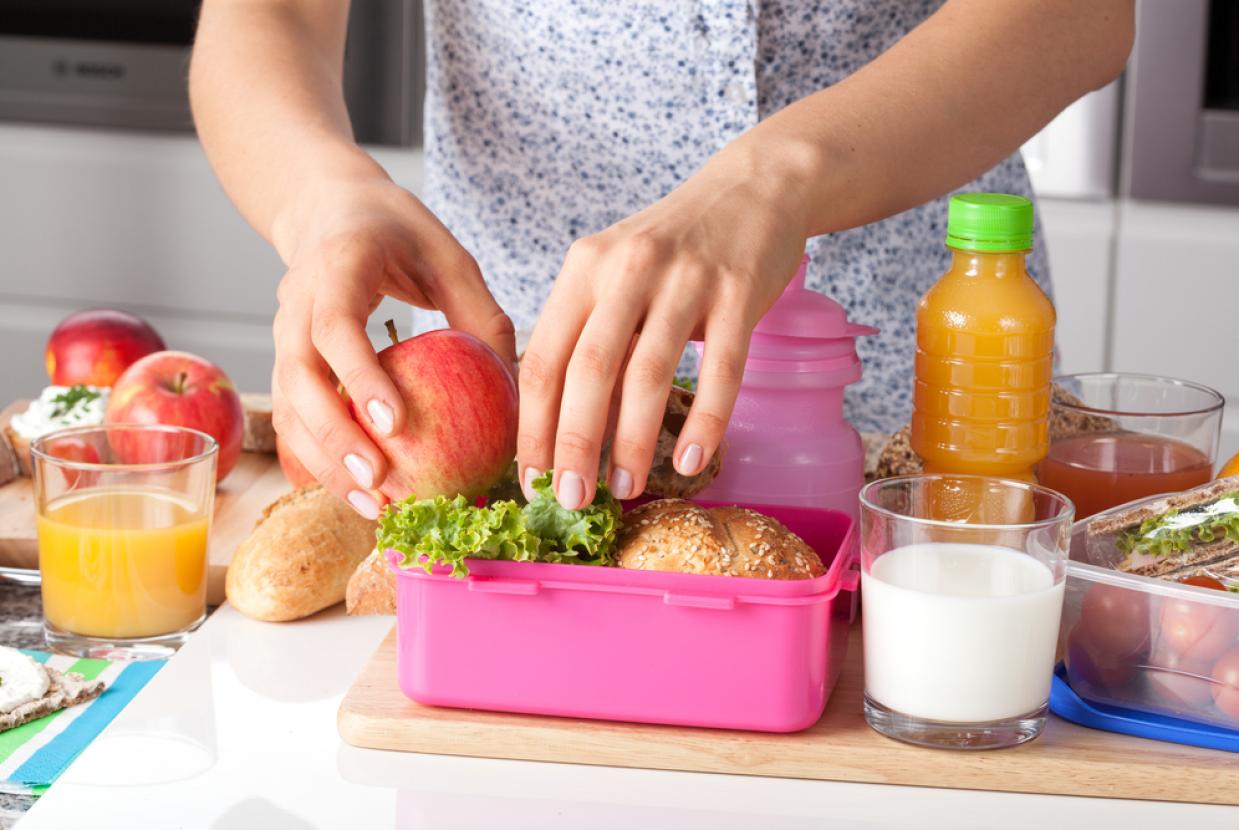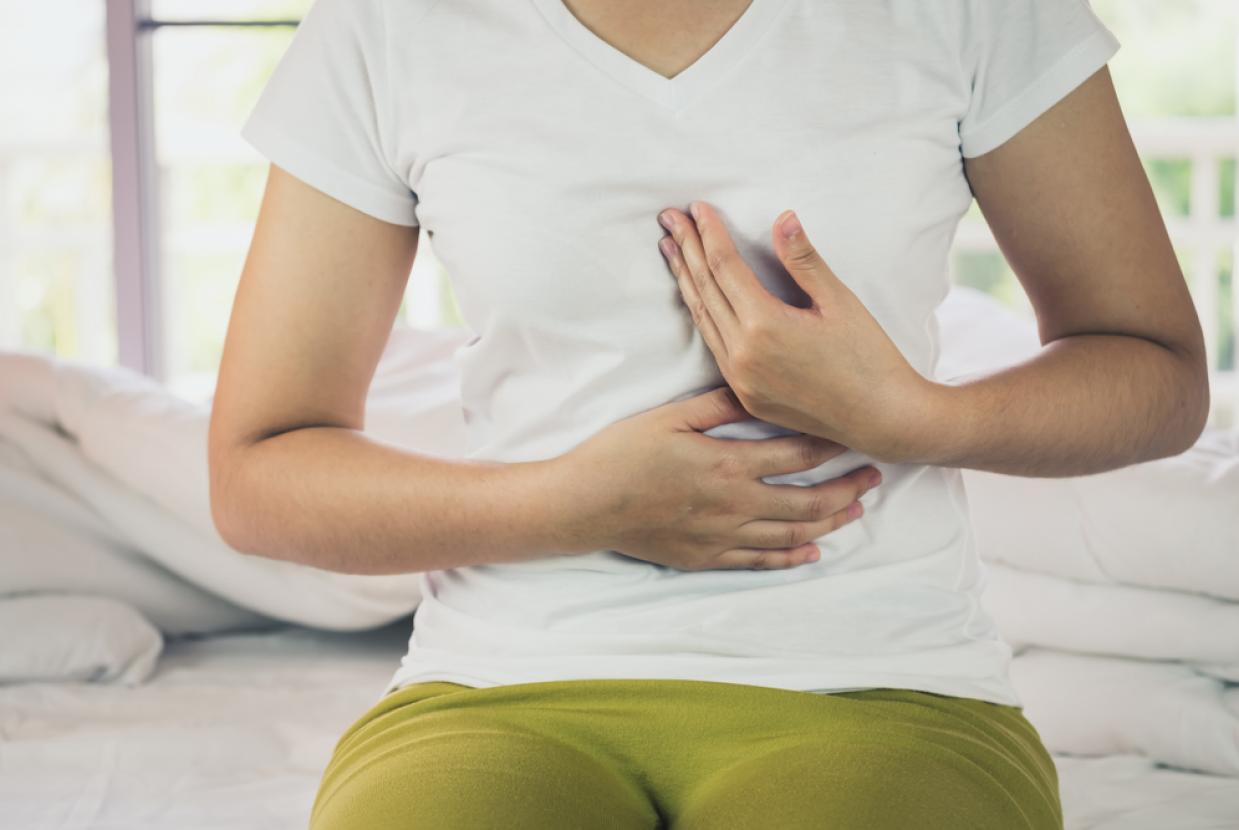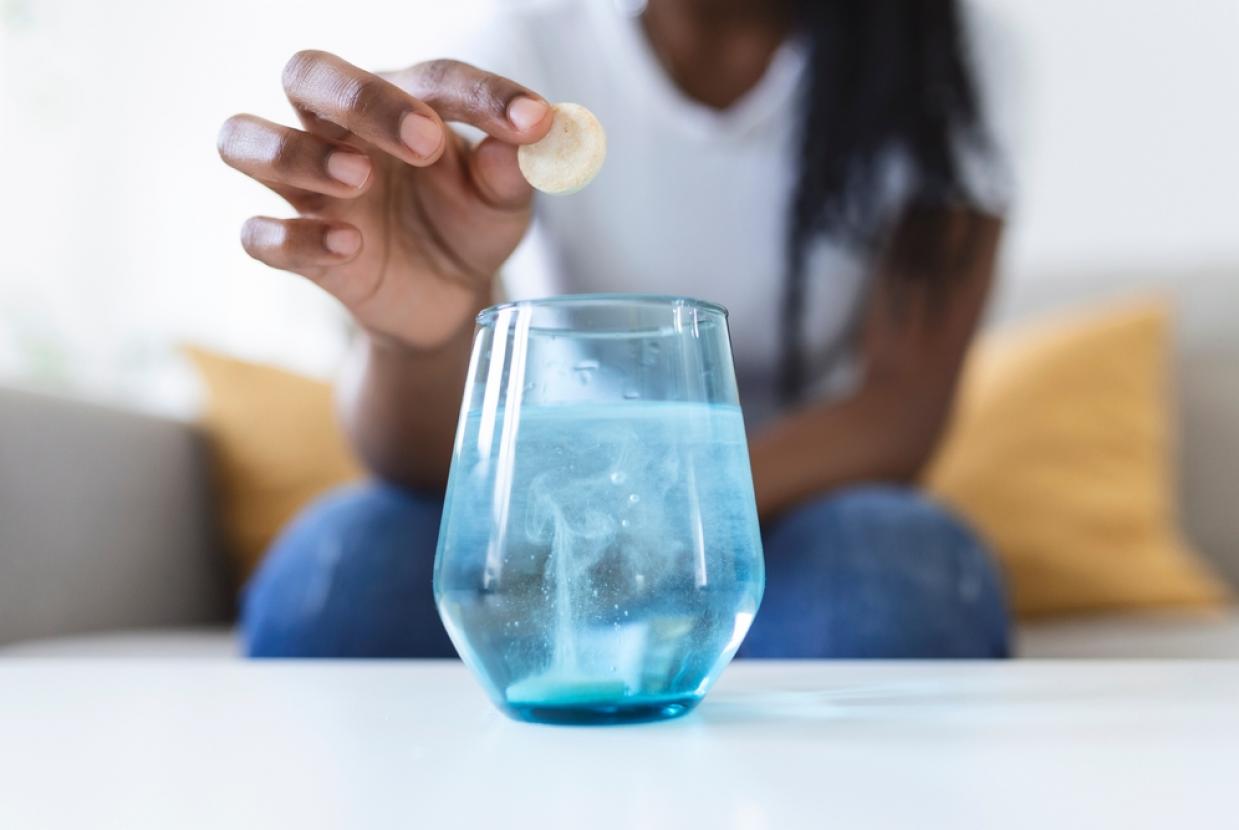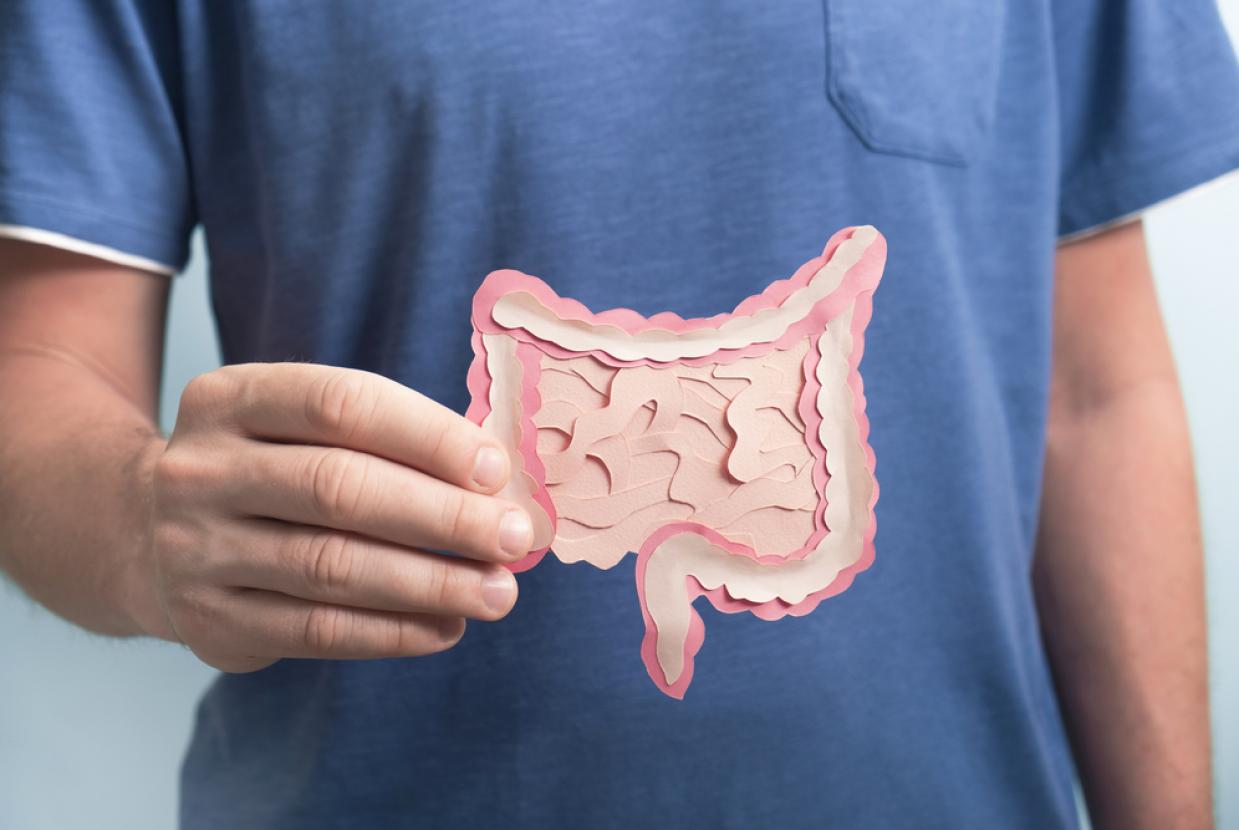Coeliac Disease
Coeliac disease is a condition where your immune system attacks your own tissues when you eat gluten. This damages your gut (small intestine) so you are unable to take in nutrients. Coeliac disease can cause a range of symptoms, including diarrhoea, abdominal pain and bloating. Coeliac disease is caused by an adverse reaction to gluten, which is a dietary protein found in 3 types of cereal:
- wheat
- barley
- rye
Gluten is found in any food that contains those cereals, including:
- pasta
- cakes
- breakfast cereals
- most types of bread
- certain types of sauces
- some ready meals
In addition, most beers are made from barley.
What causes coeliac disease?
Coeliac disease is an autoimmune condition. This is where the immune system (the body's defence against infection) mistakenly attacks healthy tissue. In coeliac disease, the immune system mistakes substances found inside gluten as a threat to the body and attacks them.
This damages the surface of the small bowel (intestines), disrupting the body's ability to take in nutrients from food. It's not entirely clear what causes the immune system to act this way, but a combination of genetics and the environment appear to play a part.
Who's affected
Coeliac disease is a condition that affects at least 1 in every 100 people in the UK. But some experts think this may be underestimated because milder cases may go undiagnosed or be misdiagnosed as other digestive conditions, such as irritable bowel syndrome (IBS).
Reported cases of coeliac disease are around 3 times higher in women than men. It can develop at any age, although symptoms are most likely to develop:
- during early childhood – between 8 and 12 months old, although it may take several years before a correct diagnosis is made
- in later adulthood – between 40 and 60 years of age
People with certain conditions, including type 1 diabetes, autoimmune thyroid disease, Down's syndrome and Turner syndrome, have an increased risk of getting coeliac disease.
First-degree relatives (parents, brothers, sisters and children) of people with coeliac disease are also at increased risk of developing the condition.


